The OceanStor 2800 V5 storage system is a next-generation virtual storage product for video surveillance developed by Huawei
Condition: NOB
RMA Warranty
Description
Product Features
With leading hardware specifications and multiple advanced data application technologies, the OceanStor 2800 V5 storage system supports integrated virtual machines (VM), application isolation, and resource control. With its high performance, robust reliability, and high availability, the OceanStor 2800 V5 storage system meets storage requirements of medium- and large-sized enterprises.
Integrated VMs
In most common application scenarios, storage systems require one or more servers to provide services. The purchase of this equipment is costly, providing a significant challenge to customers with budgetary constrictions. Moreover, different models of servers present compatibility issues during system deployment. These servers must be managed and maintained independently, incurring extra manpower and resource costs.
The OceanStor 2800 V5 storage system uses SmartContainer feature to provide VM functions for the traditional storage architecture. Operating systems and applications can be deployed on VMs and basic services such as video surveillance and document warehouse can be provided directly, without the need of independent server management.
Application Isolation
For economy and ease-of-use, an increasing number of enterprise IT applications are being integrated onto one hardware platform, even through such applications may affect each other. The OceanStor 2800 V5 storage system uses SmartContainer feature to address this problem. Operating systems and applications on one device are deployed on different VMs to isolate them, improving application stability and security.
Resource Control
The OceanStor 2800 V5 storage system can flexibly allocate resources to applications. Hardware resources are allocated to applications on VMs on demand to maximize application performance and make full use of hardware resources.
High Performance
The OceanStor 2800 V5 storage system employs an advanced hardware acceleration technology and is equipped with 64-bit multi-core processors, a high-speed and large-capacity cache, and high-speed interface modules. Compared with traditional storage systems, the OceanStor 2800 V5 storage system provides better storage performance and can tailor storage performance based on applications’ storage requirements.
Robust Reliability
The OceanStor 2800 V5 storage system provides power failure protection and uses advanced technologies to minimize risks of disk failures and data loss, ensuring robust system reliability.
- RAID 2.0+ underlying virtualization
This innovative technology is employed to automatically balance loads across disks. If a disk encounters a fault, all the other disks in the same disk domain help reconstruct the faulty disk’s service data, achieving a 20-fold faster reconstruction speed than traditional RAID and significantly reducing the possibility of multi-disk failure.
- Power failure protection
Two built-in backup battery units (BBUs) supply power to controller enclosures in the event of unexpected power failures. BBUs enable cache data to be migrated to coffer disks to avoid data loss.
- Bad sector repair
In a storage system, the frequently occurred faults are bad sectors of disks. The OceanStor 2800 V5 storage system employs the bad sector repair technology to proactively detect and repair bad sectors, reducing the disk failure rate by 50% and prolonging the service life of disks.
- Disk pre-copy
The disk pre-copy technology enables the storage system to routinely check hardware status and migrate data from any failing hard disk to minimize the risks of data loss.
- Data coffer disk
Data coffer disks consist of the first four disks of a storage system’s controller enclosure as well as each controller’s built-in disk or disks. They store three types of data: cache data requiring power failure protection, OceanStor OS system data, and system configuration information and logs.
High Availability
The OceanStor 2800 V5 storage system employs the TurboModule technology, online capacity expansion, and disk roaming to ensure uninterrupted services during routine maintenance. The functions of the TurboModule technology, online capacity expansion, and disk roaming are as follows:
- The TurboModule technology allows the hot swap of fans, power supplies, interface modules, BBUs, and disk modules. All these modules can be operated online.
- Online capacity expansion allows you to add disks to disk domains online with ease.
- Disk roaming enables the storage system to automatically identify relocated disks and resume their services.
- If one controller is faulty, the other one can automatically take over the VMs.
- If multiple disks in a storage pool are faulty, hosts can still read and write data.
High System Security
- Management channel security
All physical ports capable of executing management operations are controlled by the access authentication mechanism, and only authorized users are allowed to manage the storage system.
- Operating system security
The storage system uses a dedicated operating system. Security of the operating system has been hardened before the storage system is delivered. The storage systems update security patches for their operating systems and open-source software based on site requirements, safeguarding users’ data.
- Protection against protocol and port attacks
Only ports that are mandatory for external communication and maintenance are enabled on the storage system. All ports in use are listed in the Communication Matrix, and no unopened port exists.
- Management and maintenance security
Users can be disabled or enabled and all management operations are logged to ensure secure and controllable management and maintenance operations.
- Service and management port isolation
Access control lists (ACLs) are used to isolate service ports from internal heartbeat ports and management ports from maintenance ports to protect the storage system against intrusions.
In addition, trusted verification is enabled during the storage system startup to measure and verify BIOS > Grub > Euler Linux Kernel > Euler Linux > Storage application software level by level to prove integrity of loaded software at each level and to prevent software tampering. The storage system’s power-on process will be verified to ensure that the system is not tampered with.
Virtualization, Intelligence, and Efficiency
The OceanStor 2800 V5 storage system employs the most advanced storage design principle in virtualization, intelligence, and efficiency. Compared with traditional storage systems, the OceanStor 2800 V5 storage system delivers higher storage space utilization, faster data reconstruction speeds, smarter performance allocation technology, and finer service quality control. RAID 2.0+ underlying virtualization technology divides disk storage space into small-sized data blocks and uses the blocks to create RAID groups for fine-grained resource management. This technology enables automatic load balancing, higher storage performance, better storage space utilization, faster disk reconstruction, and delicate storage space management, serving as a basis for a number of other advanced storage technologies.
Cost-Effectiveness and Ease-of-Use
The OceanStor 2800 V5 storage system employs intelligent fan speed control and CPU frequency control technologies to achieve greater economy during operation. It also provides a series of management and maintenance tools to simplify operation and maintenance.
- Cost-effectiveness
- Intelligent CPU frequency control
Automatically changes the CPU frequency based on the system loads, that is, it decreases the CPU frequency and power consumption during off-peak hours to lower operating costs and lengthen CPU service life.
- Intelligent fan speed control
Dynamically adjusts the fan speed based on storage system temperature, lowering the noise and power consumption while saving device operation costs.
- Intelligent CPU frequency control
- Ease-of-use
- DeviceManager
The DeviceManager is a storage system management tool based on a graphical user interface (GUI) and enables you to efficiently manage storage systems by wizard-based operations.
- Multiple alarm notification modes are supported so that critical information can be sent in a timely manner.
- DeviceManager
Intelligent O&M
The eService intelligent cloud management system (eService for short) improves customers’ O&M capabilities and takes planned maintenance actions to prevent potential risks.
Being authorized by customers, eService monitors device alarms in 24/7 mode. Whenever an alarm is detected, eService automatically notifies Huawei technical support center and creates service requests (SRs). Huawei service engineers will help customers solve problems in a timely manner.
- eService provides a self-service O&M system for customers, aiming for precise and customized information services.
- Based on HUAWEI CLOUD, the eService cloud system drives IT O&M activities via big data analytics and artificial intelligence (AI) technologies to identify faults in advance, reduce O&M difficulties, and improve O&M efficiency.
- Data is encrypted during the data transmission, ensuring secure data transmission. eService can access the customer’s system only after being authorized by the customer.
- eService provides 24/7 secure, reliable, and proactive O&M services. SRs can be automatically created.
- Customers can use any PC to access eService at any time and any place to view device information.
eService enables the client system to work with the cloud system.
- eService client system:
Deployed on the customer side, the eService client system collects customer device alarms and sends them to the eService cloud system in a timely manner to implement remote maintenance functions, such as remote inspection and remote log collection.
- eService cloud system:
Deployed in Huawei technical support center, the eService cloud system receives device alarms from the client system in 24/7 mode, automatically notifies Huawei technical support personnel to handle the alarms in a timely manner, and supports automatic inspection and log collection for devices on the customer side.
Hardware Configurations
|
Item |
Value |
|---|---|
|
Processors per controller |
1 x 8-core processor |
|
Cache size per controller |
NOTE: SmartContainer is not supported when each controller has 32 GB cache. SmartContainer and the NAS service cannot be configured both. |
|
Max. number of controllers |
2 |
|
Maximum number of disks |
750 |
|
Controller enclosure |
2 U controller enclosure with 12 x 3.5-inch disks |
|
Type of supported disk enclosures |
|
|
Maximum number of disk enclosures |
|
|
Supported disk types |
|
|
Maximum number of disk enclosures connected to back-end channels (ports) |
|
|
Supported hot-swappable interface module types |
|
|
Supported hot-swappable expansion module type |
12 Gbit/s SAS |
|
Maximum number of hot-swappable I/O interface modules per controller |
2 |
|
Length of expansion SAS cables |
Common disk enclosure
High-density disk enclosure
|
|
Redundancy degree of main components |
|

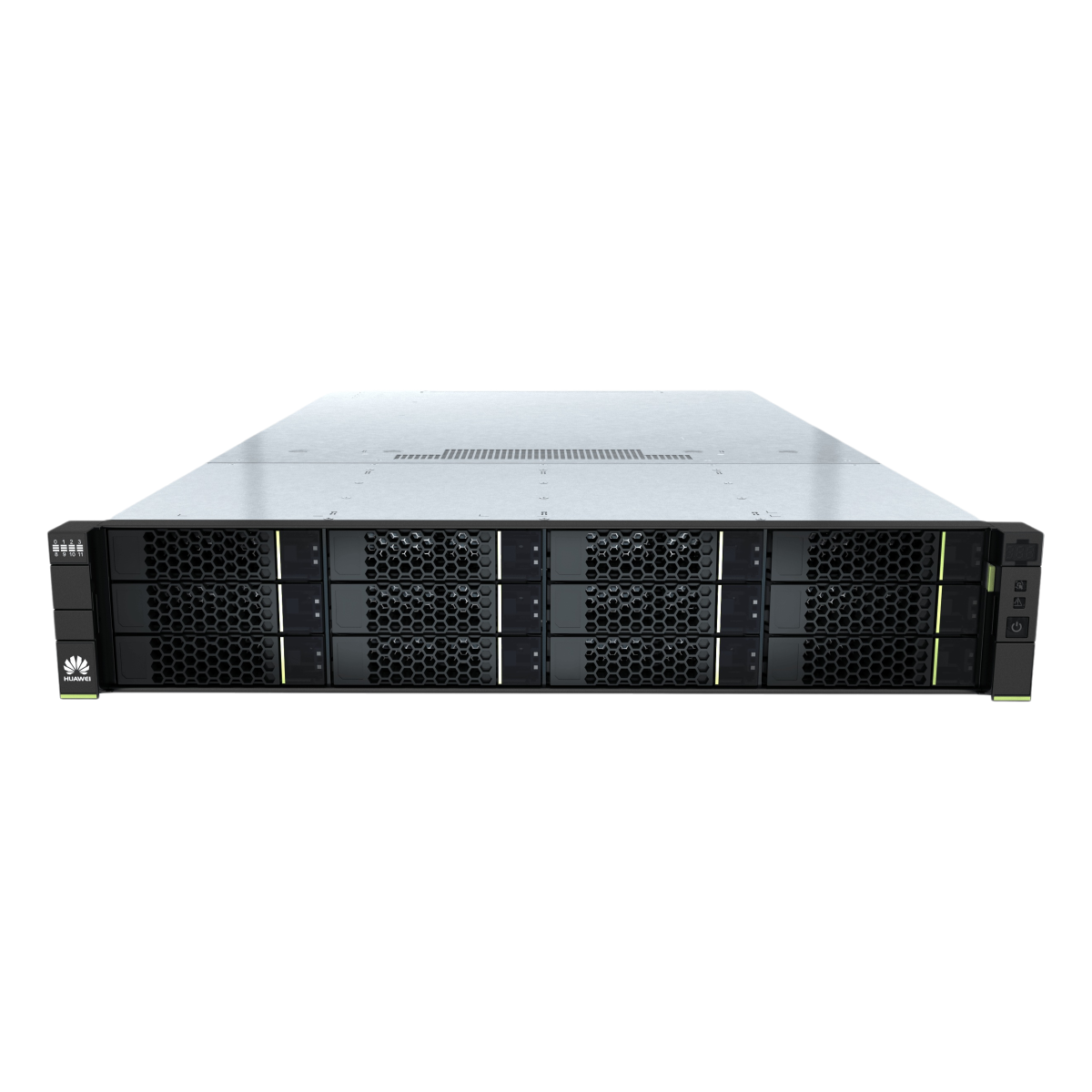
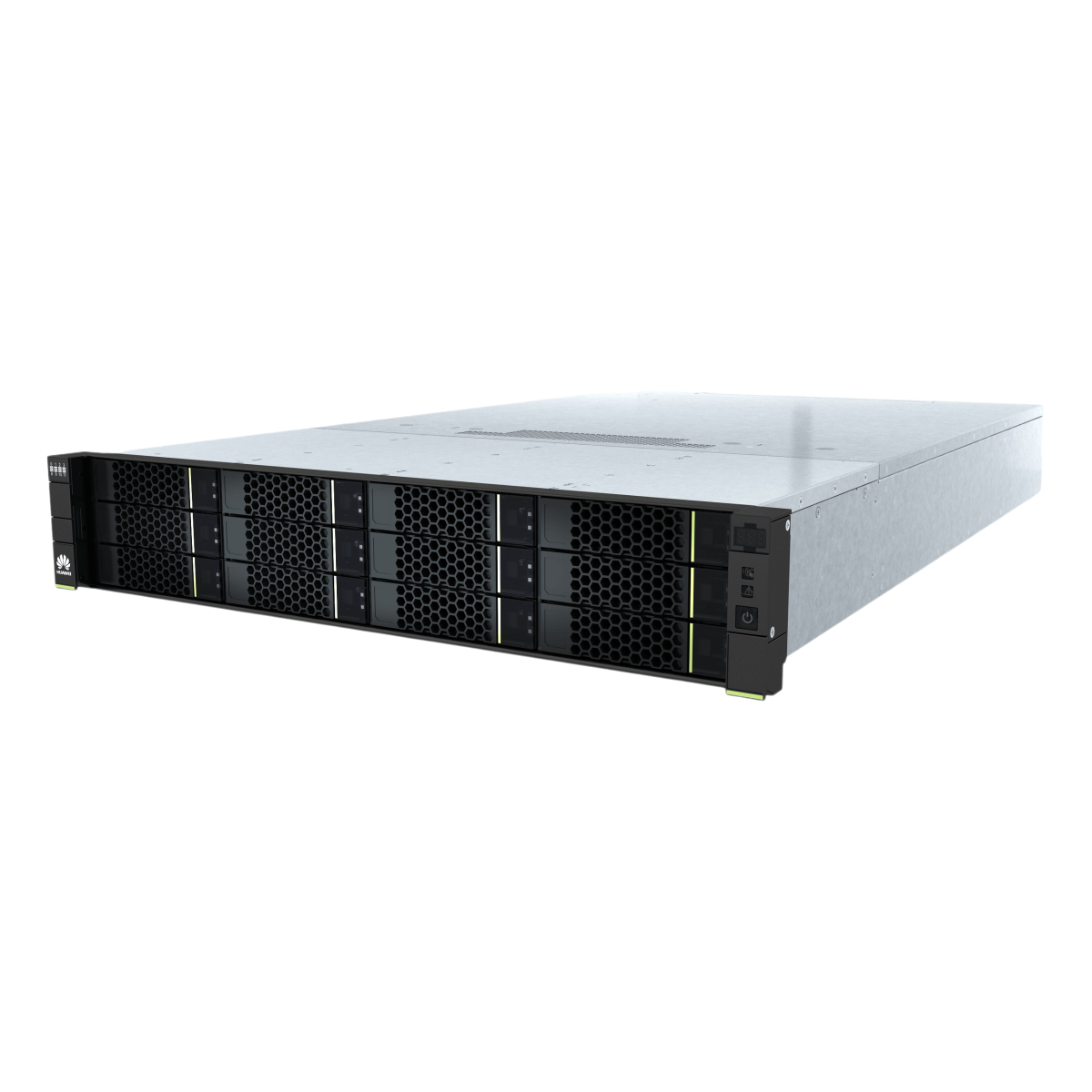
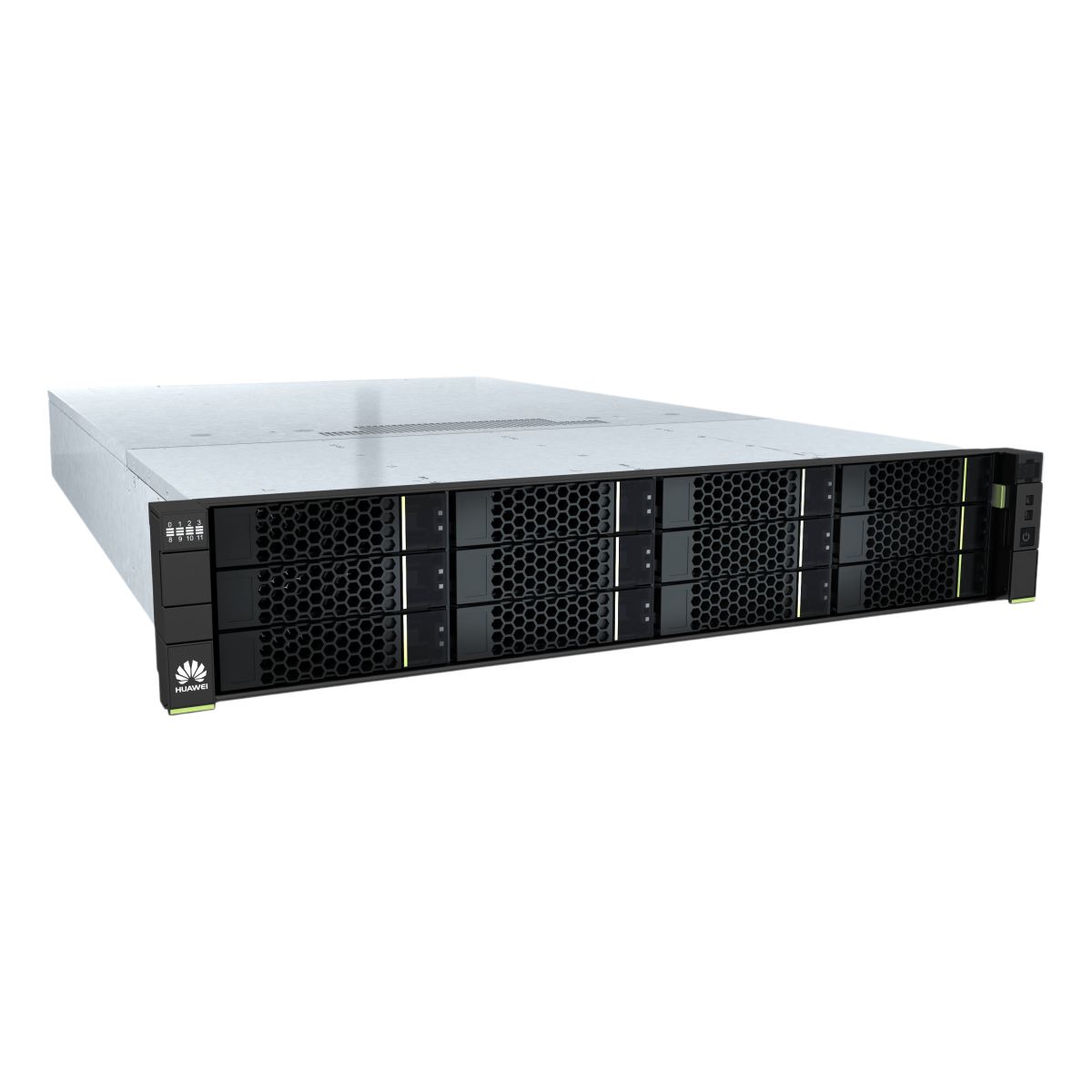
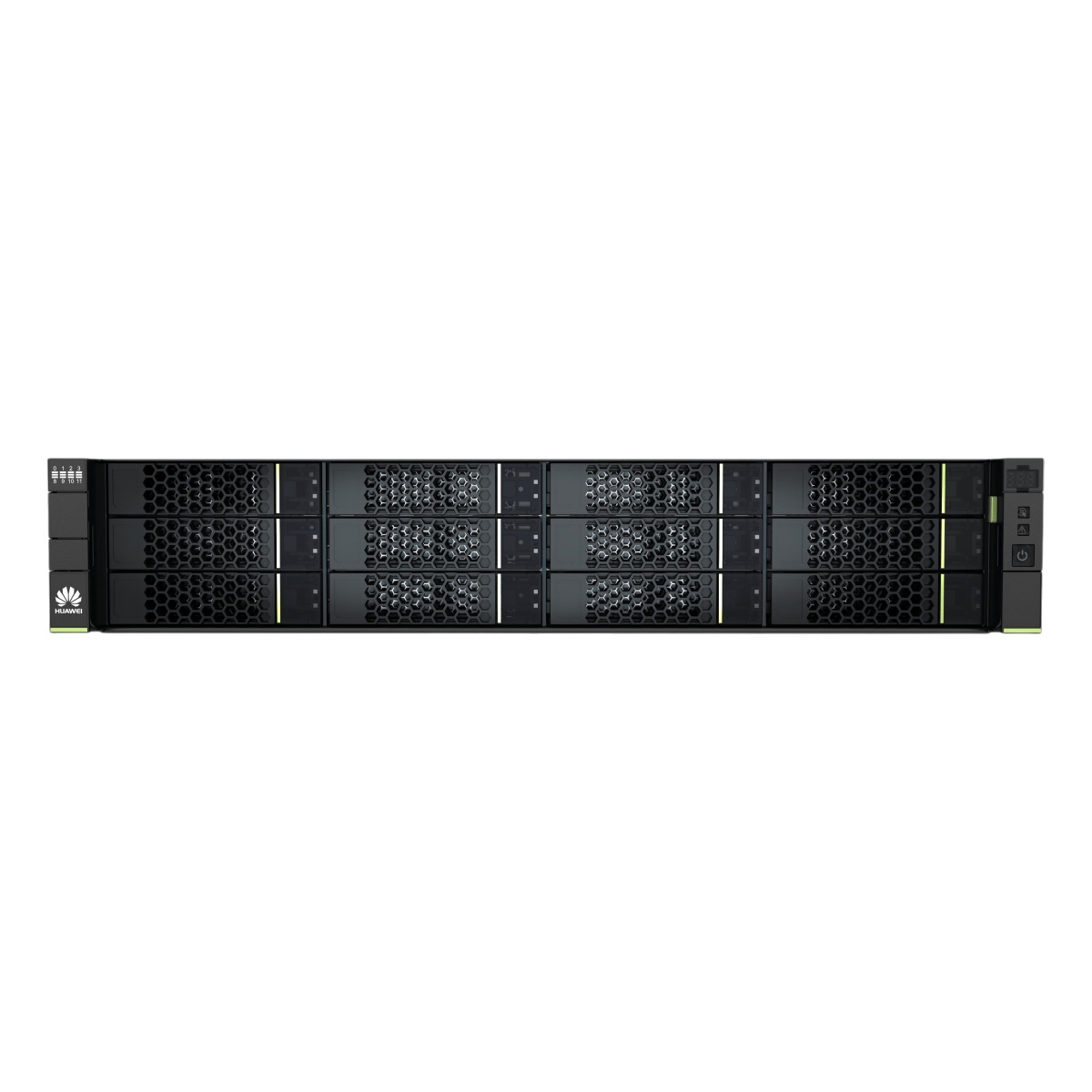

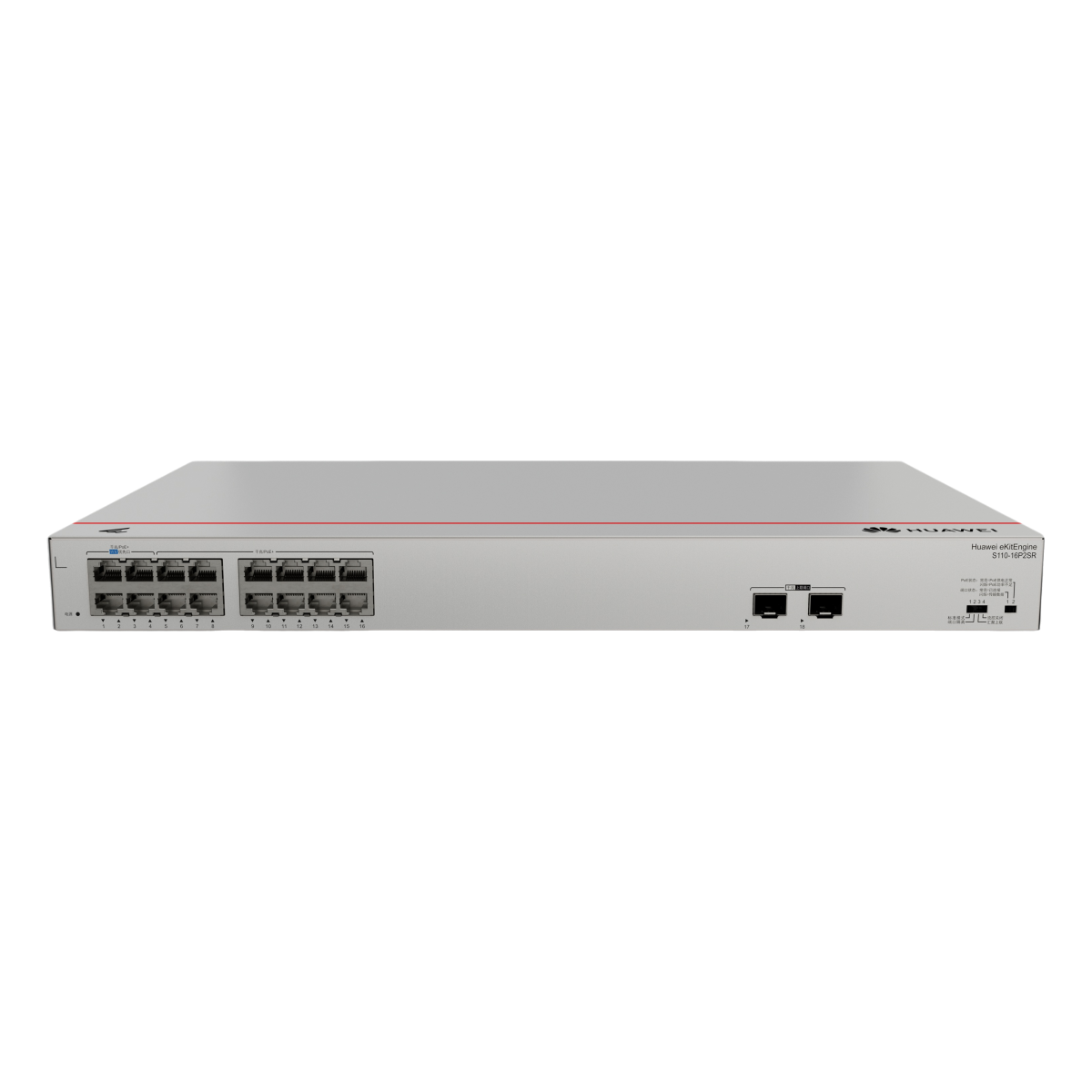


Samuel (verified owner) –
Very well worth the money.